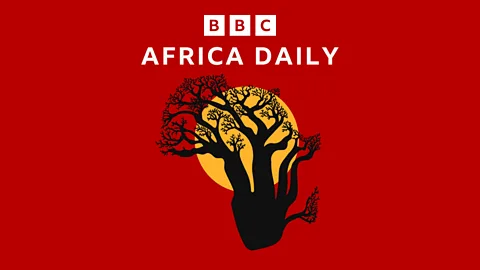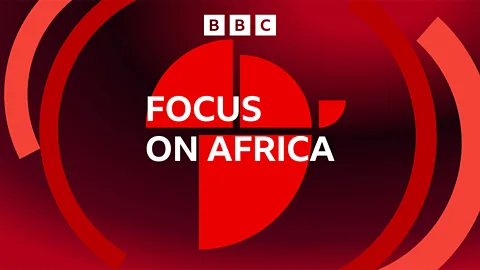
Africa Daily
Africa Daily
What do the deaths of three young girls reveal about gender based violence in Namibia?
Up next
May 19, 2025
22 minutes
Available for over a year
CONTENT WARNING: This episode contains references to violence against children, which some listeners may find distressing.
Three young girls - Ingrid Maasdorp, Rosvind Fabian and Beyoncé Kharuxas - were found dead in the Namibian town of Okahandja within weeks of each other.
Their deaths, though separate, shared chilling similarities and sparked a wave of grief, protests and urgent calls for justice.
What do these tragedies reveal about gender-based violence in Namibia? How are families and communities confronting their grief and demanding change?
BBC Africa Daily’s Alan Kasujja spoke to grieving grandmother Dollie Maasdorp, Windhoek-based journalist Frauke Jensen and former teacher and activist Jané Lowesi, who helped lead one of the first protests.

